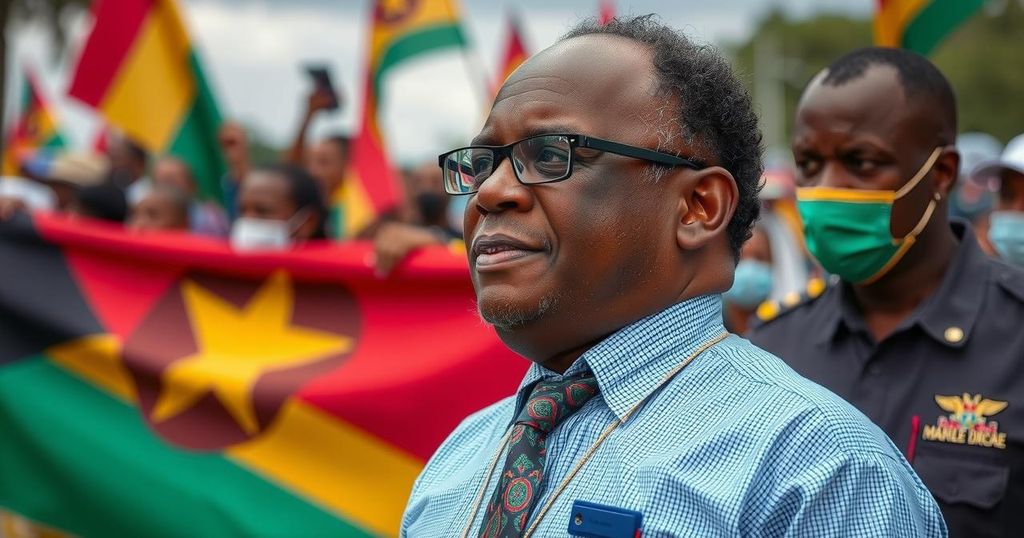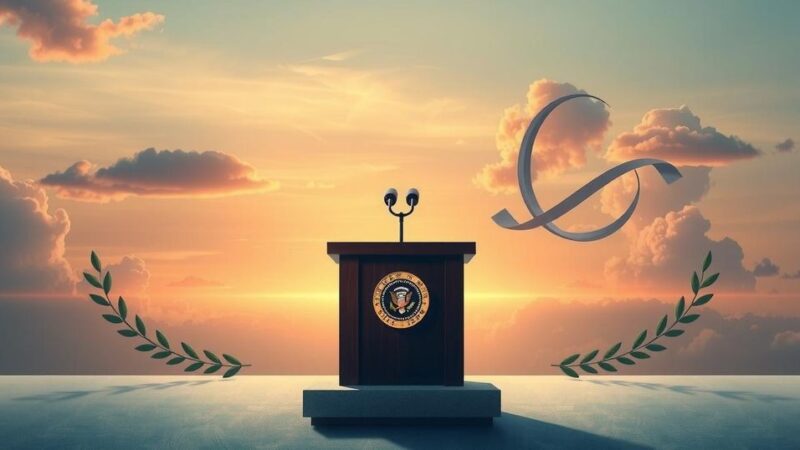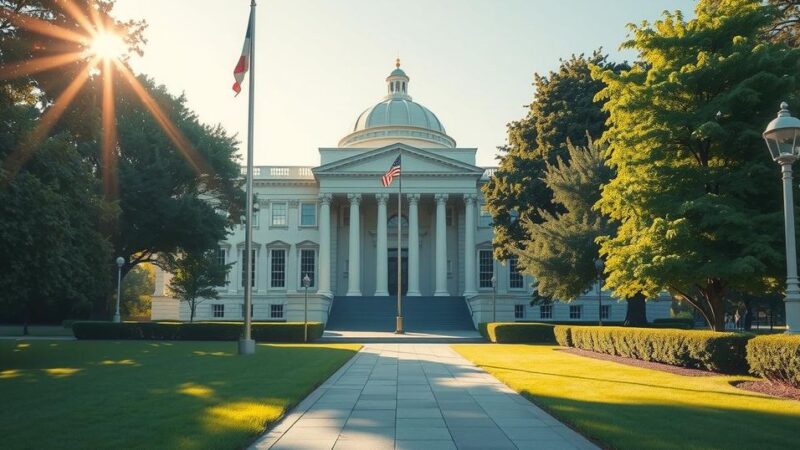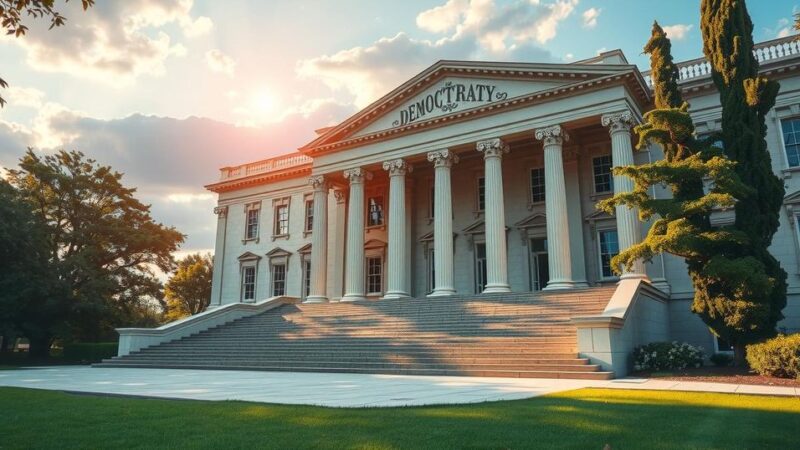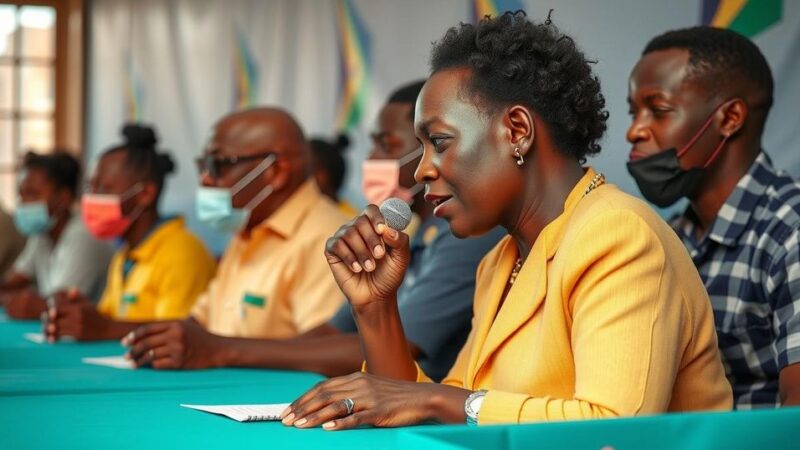Mozambique’s upcoming presidential inauguration of Daniel Chapo occurs amidst allegations of electoral fraud and significant public unrest. Many opposition leaders and parties are boycotting the event, while Chapo’s main rival, Venâncio Mondlane, incites protests against the new administration. Chapo faces pressure to address public concerns over corruption and economic challenges, making his governance strategies pivotal for national reconciliation and stability.
On Wednesday, Daniel Chapo will be officially inaugurated as Mozambique’s president-elect, despite ongoing tensions following his contentious election victory, where he received 65% of the votes amidst claims of electoral fraud. Opposition leaders and electoral observers have voiced significant concerns, leading to widespread protests, some of which resulted in violence. Chapo’s main rival, Venâncio Mondlane, has returned from exile and is inciting further demonstrations against what he calls “the thieves of the people.” Both major opposition parties, Renamo and MDM, are boycotting the inauguration, asserting that they do not recognize Chapo’s legitimacy. There are deep-rooted tensions as many citizens question Chapo’s authority, even those who have worked closely with him express concern about his rise to power amid widespread discontent.
In addition to addressing public grievances, Chapo faces a significant challenge in combating corruption and managing Mozambique’s troubled economy. Analysts have pointed out that he must seek public support and engage directly with opposition figures like Mondlane to foster national cohesion. Despite his background of humble beginnings and previous roles as a media figure and provincial governor, scholars are wary of Chapo’s approach to governance. He has expressed a commitment to economic recovery and reconciliation, yet his success hinges on his ability to negotiate and engage with the disillusioned public and his various opponents. Analysts suggest that Chapo should consider appointing a new police chief to restore trust and confirm his commitment to human rights. As the first president since independence without a military background, Chapo may represent a generational shift in leadership, but he must navigate the expectations and demands of a populace eager for change.
Daniel Chapo’s ascendance to the presidency of Mozambique comes at a tumultuous time characterized by allegations of electoral malpractice and unrest. His election, marked by a contested result, has sparked violent protests and discontent among opposition parties, particularly due to perceived irregularities in the voting process. Chapo must not only address the fallout from these events but also tackle the pressing issues of corruption and economic instability that have plagued the country. Historically, Mozambique has experienced a complex socio-political landscape, and Chapo’s administration is poised to reflect a departure from prior governance models dependent on military and revolutionary credentials. This context frames the expectations surrounding his leadership as he assumes office amid significant civil resistance.
In conclusion, Daniel Chapo’s presidency marks a critical juncture for Mozambique, where he confronts numerous obstacles stemming from a deeply divided public and questions of electoral legitimacy. While his experience and personal character are seen as assets, his ability to unify the nation and implement necessary reforms will be pivotal. Chapo’s foremost task will be to foster dialogue with opposition leaders, restore public trust, and take decisive action against entrenched corruption. If successful, he may redefine Mozambique’s political landscape; if not, his tenure could be mired in ongoing conflict and dissatisfaction.
Original Source: www.bbc.co.uk

